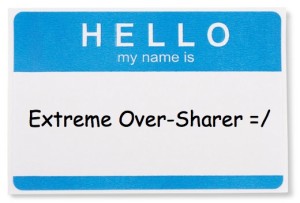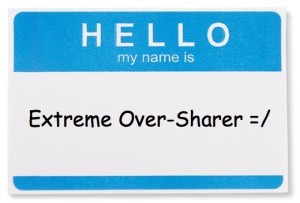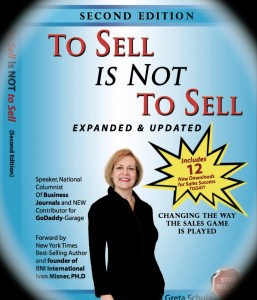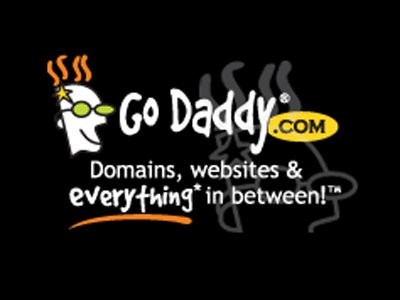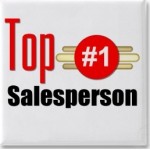The worst seems to be over but our economy is, inevitably, cyclical. Like the rest of us, it has its ups and downs. Yet, when we are in a down cycle, do you get nervous about the economy? And do other factors external to your industry, including world events (such as elections for example) cause you to tighten your belt?
Cycles in the economy and moments of national or world uncertainty are not a time for either anxiety or celebration but a time to be realistic and acknowledge that what goes up, must come down. I certainly don’t mean to be a downer but if we learned anything in the last few years I hope we learned that you need to be lean and mean all of the time, not just when the going gets tough. Your sales team needs to be able to respond to this volatility. If it does not, the competition’s sales team surely will.
During these last few months, with things seeming to lighten up, the opportunities are more fruitful. I am sure your sales team feels pretty good about themselves lately but what is the truth? If your salespeople are accustomed to having sales fall in their laps, especially newer ones, they have yet to be put to the test.
With the buying opportunities seeming to now be coming along more frequently, are our salespeople really good or just reaping the benefits of a comeback?
Right now, your sales team could be the weakest part of your company. It may not seem that way since you have most likely seen an upswing in sales, even slightly and are feeling relieved. Well don’t!
Many salespeople are showing their feathers like a proud peacock but fail to recognize that their sales in these times simply may be coming to them along with the ebb and flow of the economy but with very little true sales ability involved.
A lot of companies wait until desperate times. Then the layoffs and cost cutting begins. Smart companies do not wait. They know that they should evaluate their sales force now, finding out who has effective selling skills to utilize in the slump that may lie ahead.
When assessing your team, ask yourself the following questions:
- What are the necessary elements for selling in a good and not so good economy?
- Which salespeople have those elements?
- Which of your sales people may not have the necessary skills, and why are we waiting to replace them?
If salespeople are not strong enough to make it through tough times, they probably do not belong on your team at all. Evaluate their skills. Go on a sales call with each salesperson and see how he/she performs in the real world. Another option is to have them each take an assessment that shows the skills they truly have—and don’t have*.
Hold your ground and act as though the economy were flourishing. Keep in mind that the economy is cyclical. When things are good, act as if you were looking for ways to build revenues and cut costs. Do it now, that way, you are not caught off guard when things recede —which they always do. Now is when real sales professionals can shine.
For further information on this subject follow the link http://www.schulzbusiness.com/interview-questions.aspx
* If you would like to take a free assessment for a salesperson on your team, email me at greta@schulzbusiness.com and I will send you the link.


